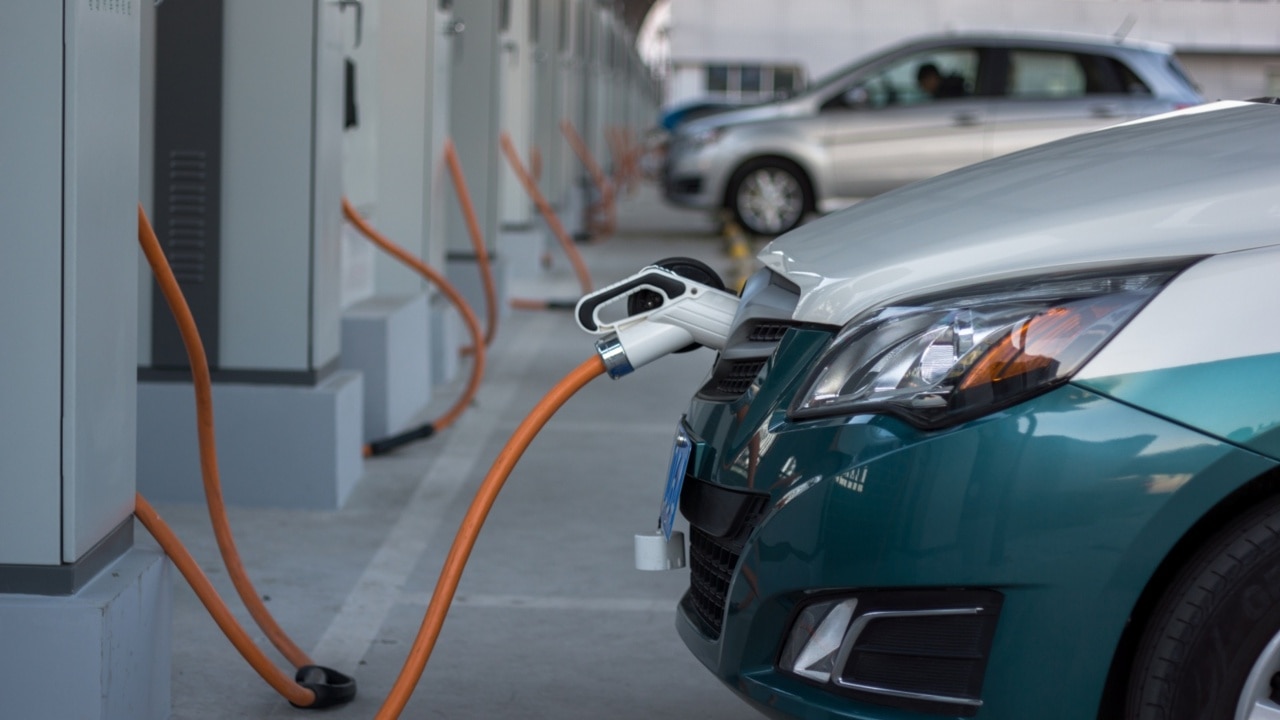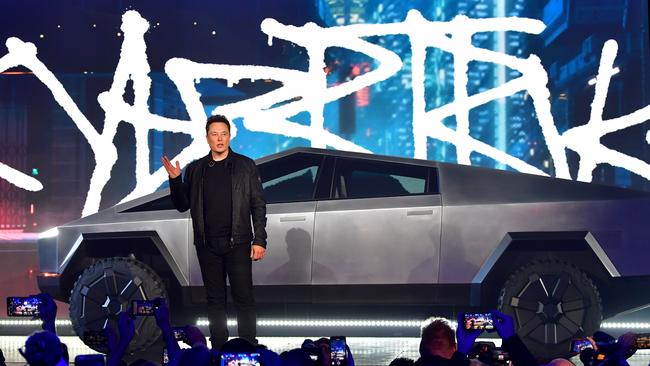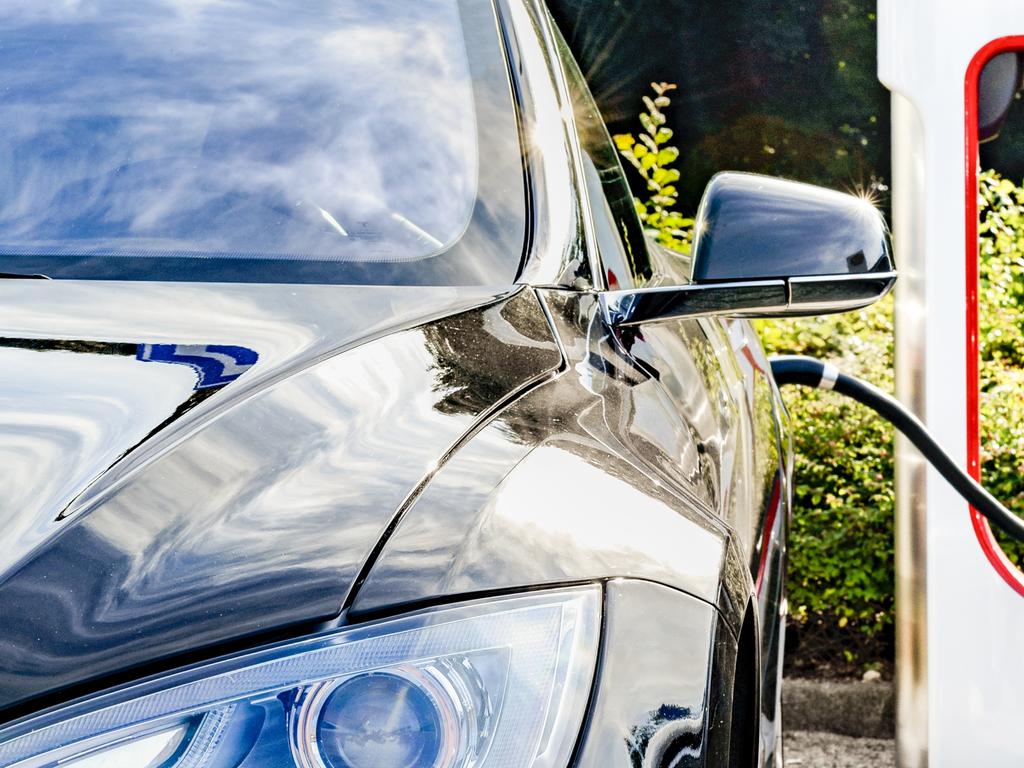How to tax electric vehicles, drivers after High Court decision
A record number of electric vehicles are on the road but after Victoria’s failed attempt to levy owners, will everyday taxpayers be left footing the infrastructure bill?

Business
Don't miss out on the headlines from Business. Followed categories will be added to My News.
A record number of electric vehicles are hitting our roads with over 70,000 this year alone. This represents a 200 per cent year on year increase and with all these brand new EVs on the road, the question needs to be asked — who is going to pay for the electric charging infrastructure and road maintenance to support these vehicles?
A significant problem has emerged after a recent high court decision which ruled against the Victorian government imposing a road user charge for electric vehicle owners. Will it end up being the everyday taxpayer that foots the bill on behalf of EV owners?
Back in July 2021 the Victorian government introduced a 2.8c/km tax for EV drivers, but two EV owners successfully took the Victorian government to court and had the tax nullified. The government must now pay back the $7m it collected from Victorian EV owners — with interest on top.

At the heart of the issue is a constitutional technicality under section 90 that prohibits any state or territory from charging a tax that is a duty of customs or excise. Although the decision relates to Victoria, if other states and territories were to introduce a similar kilometre-travel based tax for EV owners, it is likely those taxes would also get quashed if challenged in court.
But why do states and territories want to tax EV owners, given the fuel excise is charged at the federal level? The average internal combustion engine motorist pays $1200 per year in fuel excise to the federal government at a rate of 48.8c per litre of fuel, and the tax nets $14bn a year.
As EV sales continue to rise, Australians are travelling more kilometres on the road each year while paying less fuel excise. In fact, with EVs being up to 30 per cent heavier than an equivalent vehicle with an internal combustion engine due to the weight of their batteries, there is more wear and tear on our roads with more EVs on them.
At the moment, only non-EV owners are making a contribution towards the maintenance of roads being enjoyed by all vehicle owners. NSW and Western Australia had planned an EV road user charge from 2027 but are now reconsidering their position following the recent loss for the Victorian government. The ACT had raised the idea of a road user tax saying that it was inevitable, but they are also back-pedalling in light of the Victorian decision.
An interesting problem is now emerging for the federal Labor government. On one hand they want to move to a net zero carbon emission position by 2050 which requires a transition from fossil fuel powered vehicles to electric vehicles, but imposing a usage based tax on electric vehicles would be counterintuitive.
Treasurer Jim Chalmers said “Australians know that we are big supporters of electric vehicles, that’s why we’ve got the tax cuts to encourage more people to take up EVs … We want to work with the Victorians and with the other states and territories on policy relating to electric vehicles”.
In New Zealand, EV owners will be subject to a road user tax from April next year at a rate of $0.074 per km while in the US 24 states have imposed a higher registration fee on electric vehicles and six states have imposed a tax on electric vehicle charging stations.
Australian states could mirror what has been done in America and impose a higher annual registration fee for EV owners. If the states still wish to pursue a usage-based EV tax, they would need to have it levied at the federal level and then have part of the revenue redistributed back to them.
Or we may see a kilowatt-hour based tax imposed on all publicly available EV charging stations which are likely to be solar powered in the future, where feasible. But this may cause EV owners to recharge at home to avoid the tax. The flow-on is an increase in reliance on the already stretched national electricity grid, which remains substantially powered by burning black and brown coal.
Either way, the state and federal governments will have to reconcile their net zero carbon emission goals and weigh them against the equity issue of having all road users subsidise the relatively small but growing cohort of EV drivers.
James Gerrard is principal and director of Sydney financial planning firm www.financialadvisor.com.au
More Coverage
Originally published as How to tax electric vehicles, drivers after High Court decision




